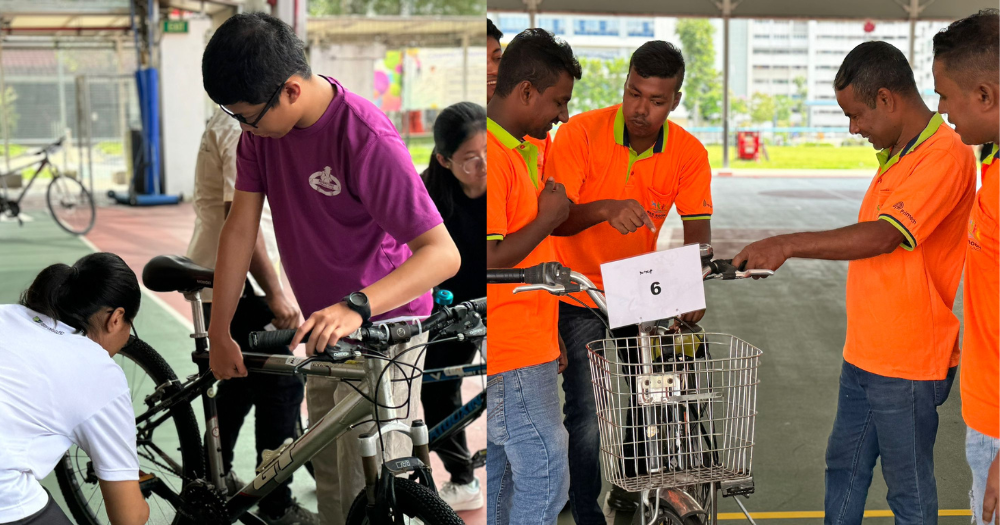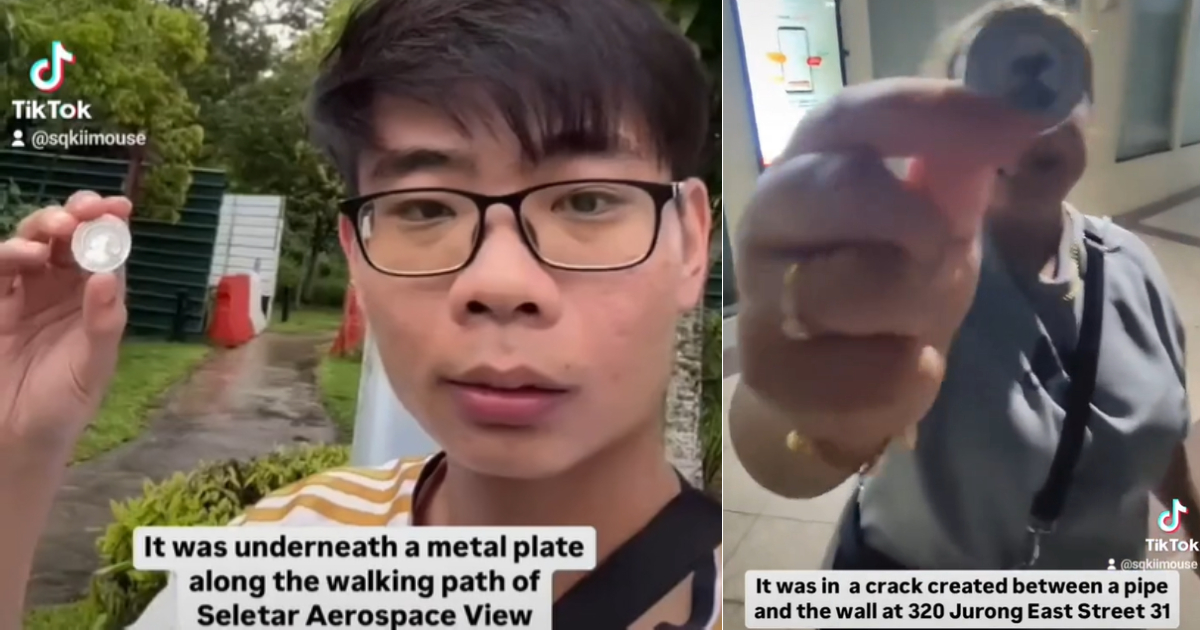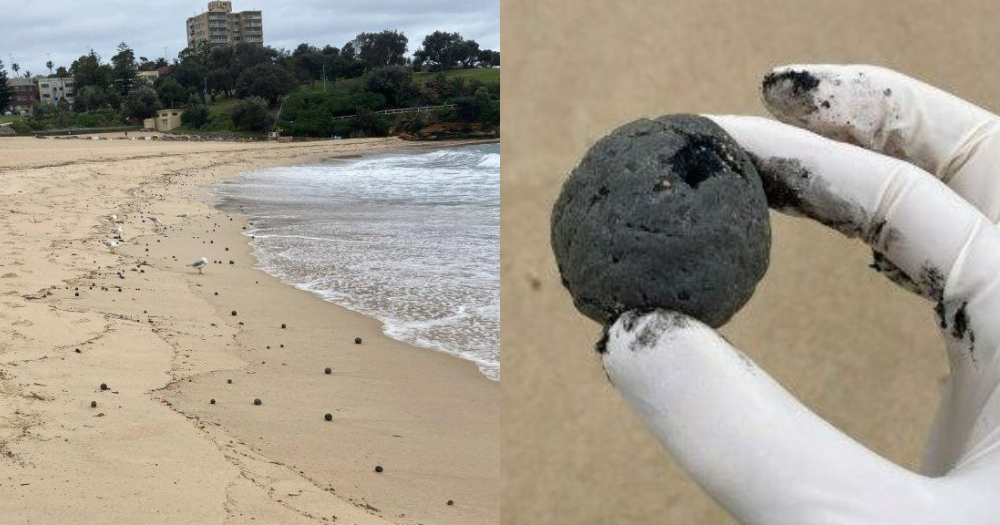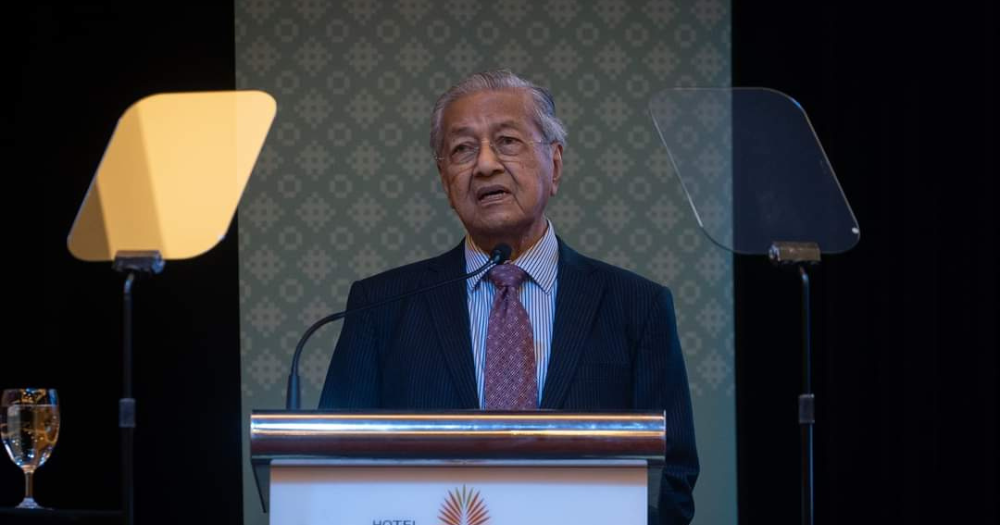S'pore has no record of importing products from Israeli settlements: Vivian Balakrishnan
Vivian said that Singapore voting for a recent UN resolution did not mean it did not have "serious reservations" about it.
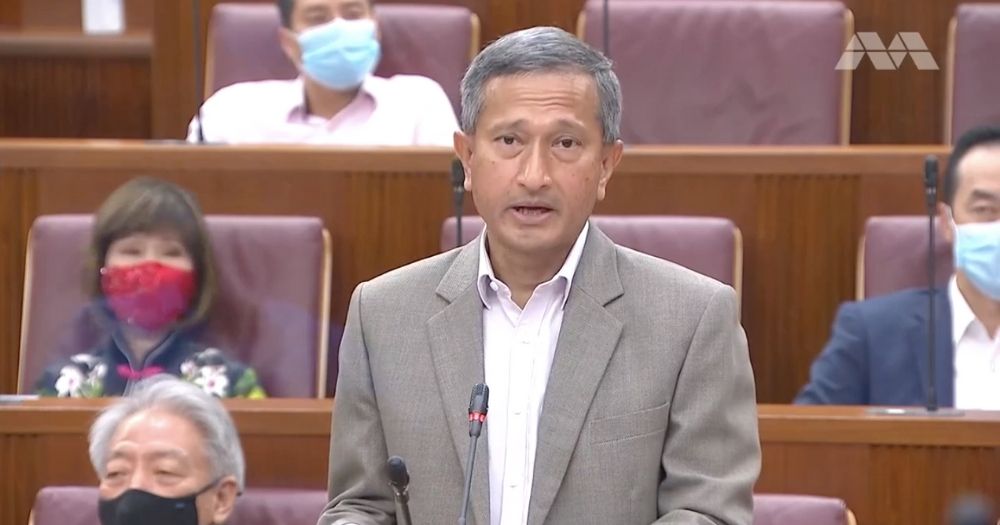
Non-Constituency Member of Parliament Leong Mun Wai of the Progress Singapore Party (PSP) asked Foreign Minister Vivian Balakrishnan a parliamentary question on Singapore's position regarding the Israel-Hamas conflict on Oct. 15.
Resolution, and questions arising from it
He asked a three-point question, following Singapore voting in favour of UN General Assembly (UNGA) Resolution A/ES-10/L.31.
The resolution was adopted in September 2024, passing with a two-thirds majority.
Singapore voted for the resolution, which among other things set out numerous obligations on states and international organisations, including an obligation not to recognise as legal “the situation arising from the unlawful presence of Israel in the Occupied Palestinian Territories”.
This includes such things as Israeli settlers and the towns, cities, and industries set up in such territories.
Leong asked whether Singapore would:
- Ban importing products from such Israeli settlements.
- Halt arms sales to Israel where there is reasonable suspicion that those arms might be used in the Occupied Palestinian Territories.
- Sanction individuals and entities involved in maintaining Israel's unlawful presence in the occupied territories.
A long-held and consistent view
Vivian replied via a written response and explained that Singapore’s vote for the resolution reflected Singapore's respect for the International Court of Justice (ICJ), the UN’s principal judicial organ.
He reiterated that Singapore has long held a consistent view that Israeli settlements are illegal under international law.
He also noted that he has restated that view on several occasions, most recently on Aug. 7, when answering a question by Christopher de Souza.
On this occasion, he replied to Leong that the presence of Israeli settlements in the West Bank would make it much harder to arrive at a viable two-state solution.
"Settler violence against Palestinians cannot be condoned," he added.
Singapore's vote for the UNGA resolution also reflected its long-standing support for the right of the Palestinian people to a homeland and a negotiated two-state solution, consistent with relevant UN Security Council resolutions.
Both sides must find the resolve to remove obstacles to peace and work towards a negotiated two-state solution, Vivian said.
Resolution reservations
However, Vivian said that voting “yes" on the resolution did not mean that Singapore agreed with the entirety of it.
Vivian said that Singapore had serious reservations about using the court's advisory jurisdiction to bypass the need for States' consent in submitting political disputes between two parties for adjudication.
Singapore also had placed on the record its serious reservations on aspects of the resolution, such as “its overreaching scope of the modalities and potential actions prescribed by the resolution for member States”.
These potential actions included measures that went beyond the ICJ's advisory opinion, but also are beyond Singapore's current obligations under international law.
Vivian pointed out that the resolution also called for measures that had not yet been negotiated between Israel and Palestine, and other countries such as Japan and Korea, have placed similar concerns on the record.
Addressing the questions
Addressing Leong's queries, Vivian took them in turn.
To Leong’s first question, Vivian said Singapore did not have any record of importing products from Israeli settlements.
Secondly, regarding arms sales, Singapore complies strictly with its international obligations on international arms sales, UN sanctions, and embargoes against any country, including submitting regular reports to the UN Register of Conventional Arms.
But there is also the established policy of the government not to publicly divulge details of defence sales for national security reasons, Vivian reminded.
Third, in regards to sanctioning of individuals and entities, Singapore has and will consistently comply with all UNSC sanctions as part of our international legal obligations.
Vivian also added that while some countries had imposed sanctions on some Israeli settler leaders and entities, it was unclear whether such measures had a meaningful impact on the ground.
“This is not how Singapore should conduct foreign policy, and we must weigh all considerations carefully”, Vivian wrote.
“Any decision to impose unilateral sanctions must be considered carefully and based on our national interest.”
Related stories
Top image via MDDI/YouTube
MORE STORIES












